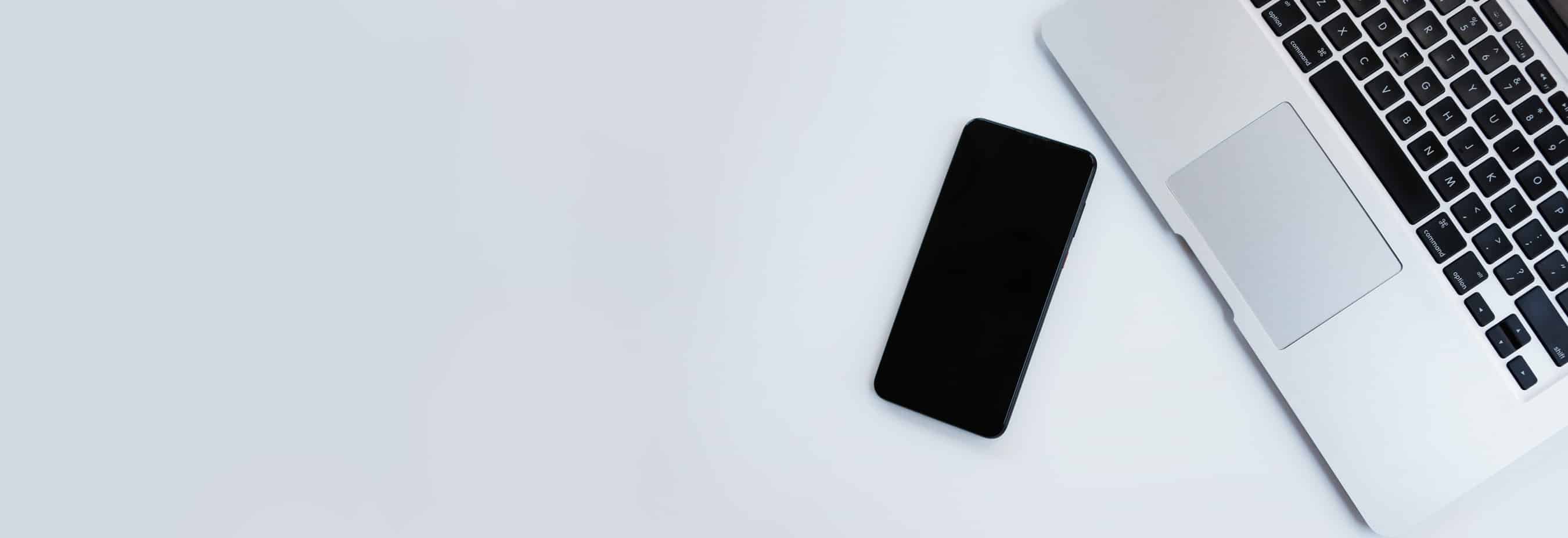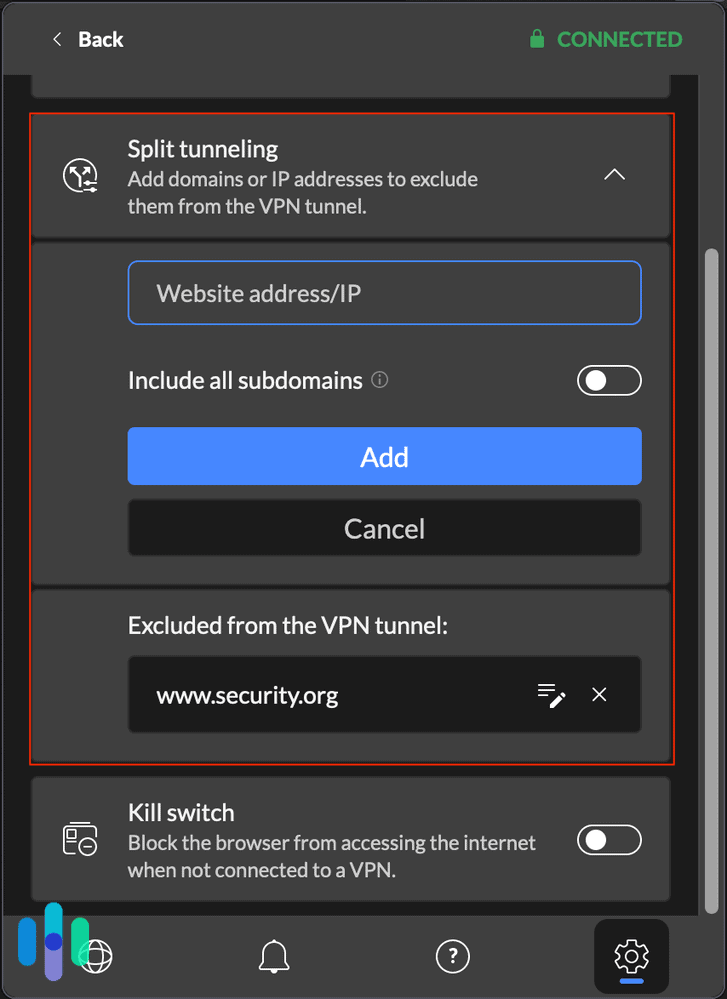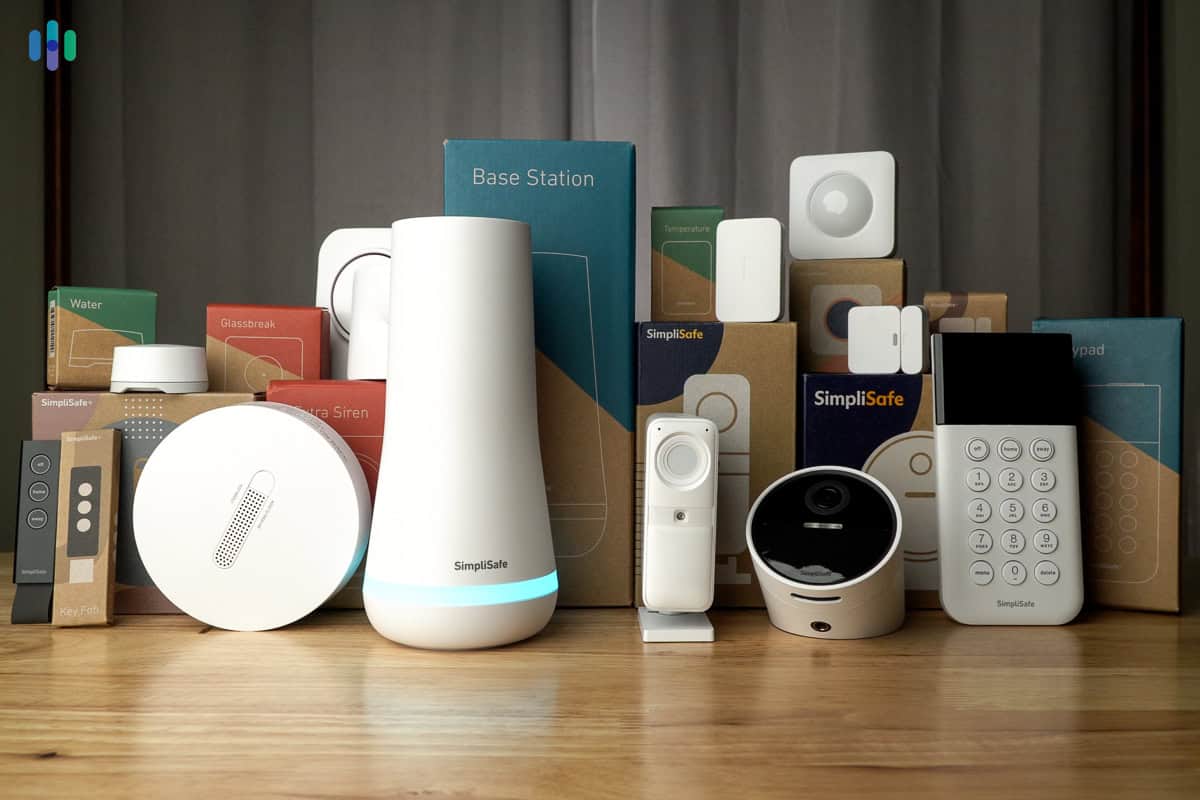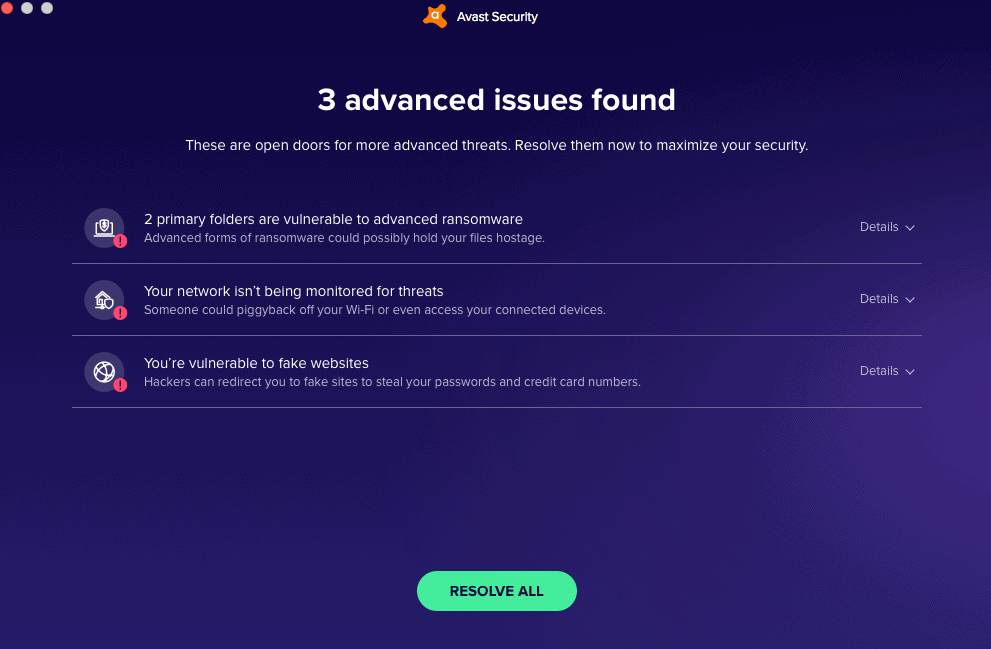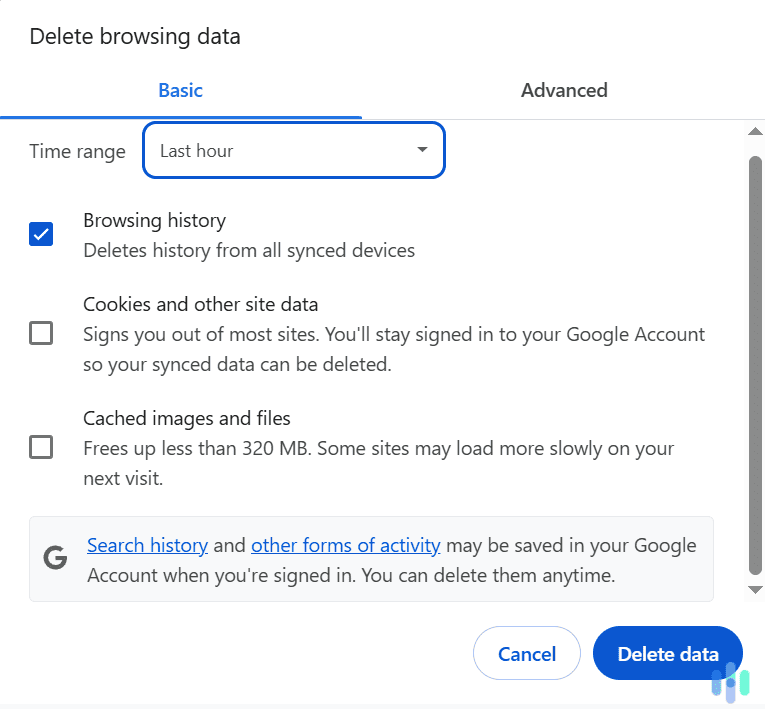Maybe you’re at a coffee shop with a faulty Wi-Fi network, or maybe you’re traveling internationally and can’t connect to those pesky foreign networks. Whatever the reason, a big concern with using a VPN on cellular data is, well, its data usage.
If you’re like us and don’t have unlimited data or if your cellular plan throttles you after a certain amount of data usage, using a VPN can drain your cellular data quickly. Well, unless you have our expert tips and tricks that come from years of research and VPN testing. Let’s get started so you can use your VPN while connected to data without draining your data plan.
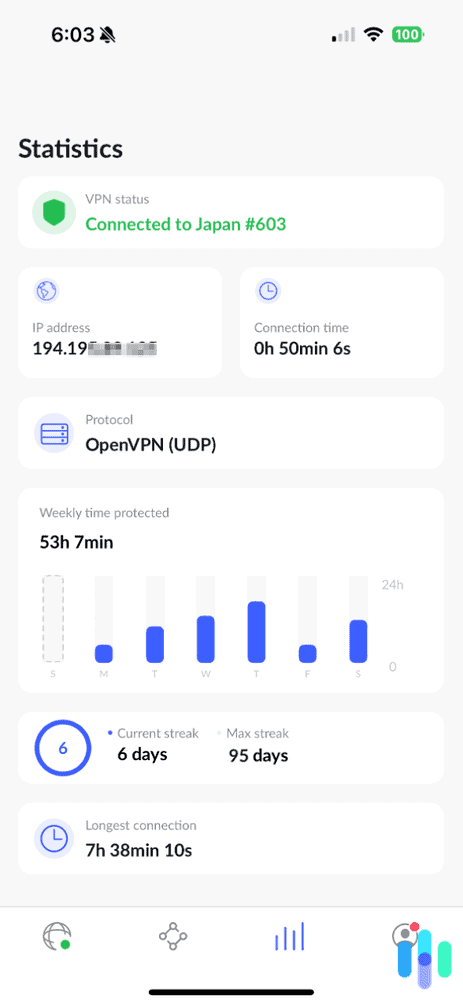
Do VPNs Use Data?
The short answer is “yes,” VPNs use data. Your device consumes data whenever you connect to the internet, and adding a VPN to the mix only adds a few MB of data to your consumption. However, as we’ll explain below, some VPNs use less data than others. If you’re on a limited-data plan, these VPNs are good options for you:



Can VPNs Use Cellular Data?
In a word, yes, a VPN can use cellular data as an alternative to Wi-Fi. You can use your phone as a mobile hotspot and connect your computer to that hotspot while your computer runs a VPN. Or, you can use a VPN app on your device with cellular data. But just as you learned in your freshman Ethics class, “can” doesn’t always mean “ought to”, which brings us to our next question…
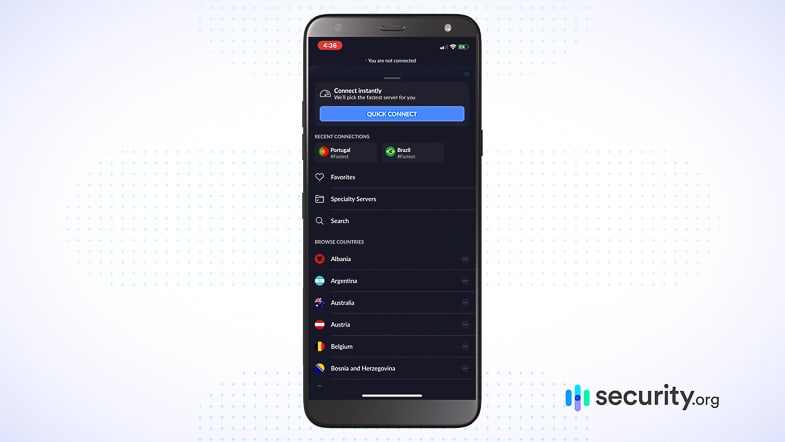
Should You Use A VPN On Cellular Data?
While you can use a VPN on cellular data, if Wi-Fi is an option, we’d choose that over data any day. Of course, that’s in a perfect world, and sometimes Wi-Fi isn’t available. In those cases, using data for your VPN is a fine option, so long as you do it in a way that doesn’t use up all your data and end in more charges from your phone company.
Did You Know: According to Nerdwallet, the average owner of a smartphone uses between two and five GB of data in a month.1
How Much Data Do VPNs Use?
On average, we estimate that VPNs use 5 to 15 percent more data than your phone would use otherwise. However, some VPN companies claim lower rates; Windscribe, for example, says their VPN only increases data usage by less than one percent, while Perfect Privacy estimates increases in data of two to three percent. However, their feature TrackStop can lower this number by blocking unwanted domains2 like tracking or phishing websites.
How To Minimize VPN Data Usage
While cellular data should only be used with VPNs as a last resort, there are several ways to optimize your connection for minimal data usage.
1. Choose VPN Protocols That Use The Least Data: Mobile
Let’s start with the VPN’s internet protocols on mobile, which means the ways in which it transmits data across a network:
- IKEv2: IKEv2 is an essential feature for a VPN’s kill switch, which reconnects to the private server if the VPN connection has been lost.
- IPSec: We recommend using 128-bit IPSec over 256-bit IPSec, as it uses little data. However, for the strongest security, it should be combined with other protocols.
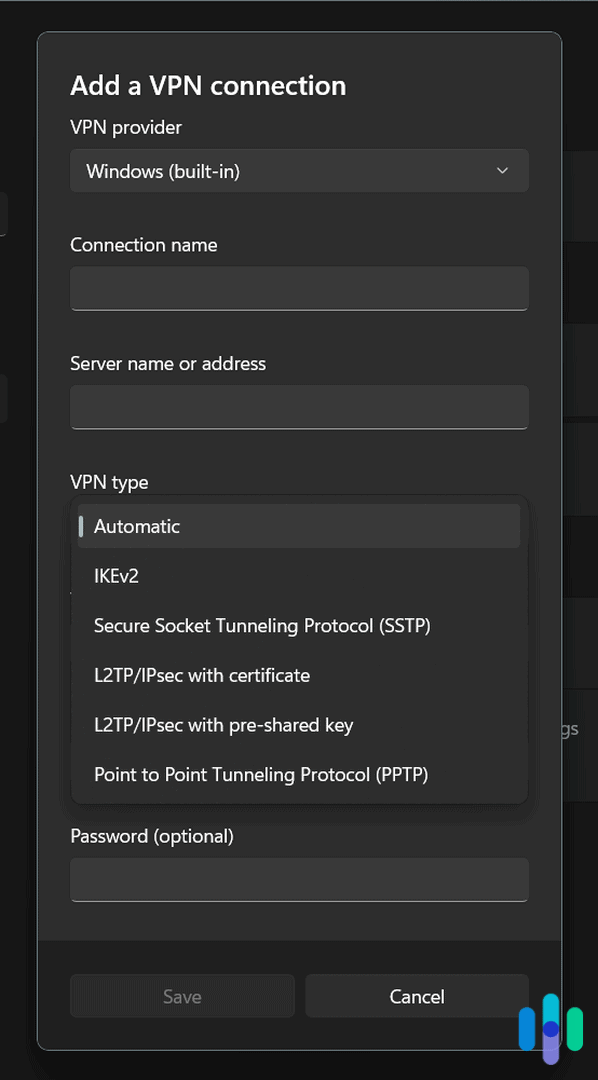
Want to learn more about these protocols? Check out our VPN buyers guide.
2. Pick VPN Protocols That Use The Least Data: Desktop
If you’re on a personal hotspot on your desktop and can choose your VPN protocols, we recommend the following to minimize data usage:
- PPTP: Like IPSec, PPTP isn’t the most secure protocol, but it uses the least amount of data possible.
- LT2P: For better security and average data usage, opt for L2TP over PPTP.
- IPSec: IPSec also works well on mobile, ideally at 128 versus 256 bits.
3. Avoid These Protocols
If minimizing data is your game, then you should avoid the following protocol like the plague:
- 256-bit Stealth OpenVPN: Although this is a super secure option, it uses the most data of any internet protocol.3
4. Follow These Tips
Aside from adjusting your protocols, here are a few other methods of limiting your VPN’s data usage:
- Turn off VPN when not in use: If you’re not using the VPN on a public network, then make sure it’s toggled off and isn’t using any data while not in use.
- Use split tunneling: By letting users route some of their traffic to the VPN and some directly on public networks, split tunneling lowers bandwidth, increasing speeds and minimizing the amount of data used.
Split tunneling settings - Connect to closest servers available: When in doubt after which server to choose, go for the one closest to you, as your data will have less space to travel and thus will use less bandwidth.
- Avoid free VPNs: Many free VPNs are free for a reason, and that reason may be that they include pop-up advertisements, using more data. Although free VPNs may be tempting at times, they’re not a great choice if you want to limit your data usage.
Pro Tip: Want split tunneling? Some VPNs with split tunneling include ExpressVPN, CyberGhost, and IPVanish.
Why Do VPNs Use So Much Data?
VPNs use more data because they add on encryption tunnels for data to go through, which requires more bandwidth. And while some VPN companies may claim that their products actually lower data usage, the evidence points in the other direction. We’ve tested over 50 VPNs and have yet to see one that lowers our data usage, so don’t fall for those marketing promises.
Can Obfuscated VPN Servers Reduce Data Usage?
An obfuscated VPN server is one that can get around firewalls, and it’s typically used in countries with a ton of internet censorship. By restricting programs’ reverse engineering, they make it harder for hackers to access metadata, as it’s all jumbled up. Obfuscated servers are also called “Stealth” or “Camouflage” mode, if you’re looking on VPN websites directly.4
Many people wonder if they can use these obfuscated servers to reduce their data usage in the eyes of their cellular provider, and the answer is, sadly, no. In fact, these servers actually use more data than regular VPN servers, so if you want to limit the amount of data you’re using on a VPN, avoid Stealth or Camouflage servers completely.
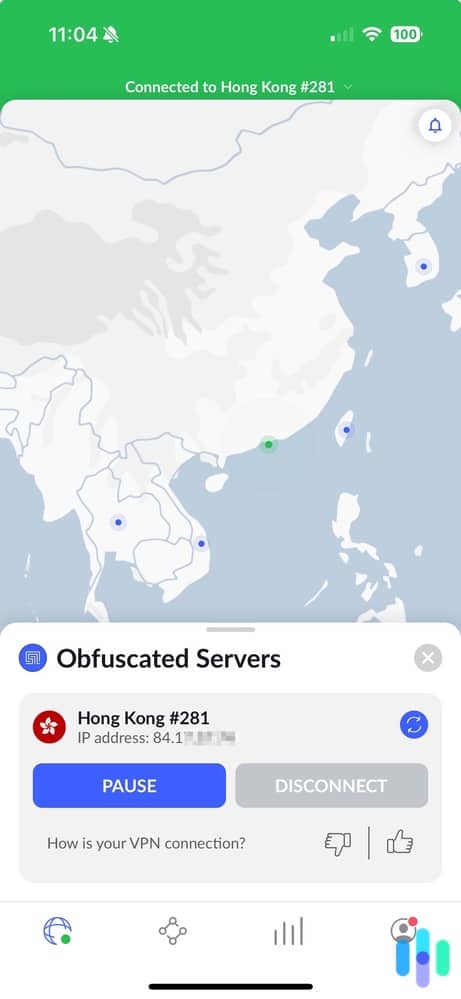
Can VPNs Get Around Data Caps?
The truth is that, although VPNs are great for protecting your online privacy, they can’t get around your data caps. In fact, you’ll most likely use five to 15 percent more data when you’re connecting to a VPN, to say it one more time for the cheap seats in the back.
» Learn About: VPN Usage Statistics in 2025
Can VPNs Bypass Throttling?
On a more positive note, VPNs can bypass throttling, which is when Internet Service Providers have some websites load and operate slower than others. That’s because VPNs hide your IP address, so ISPs won’t be able to recognize you and throttle certain websites. Net neutrality for the win!
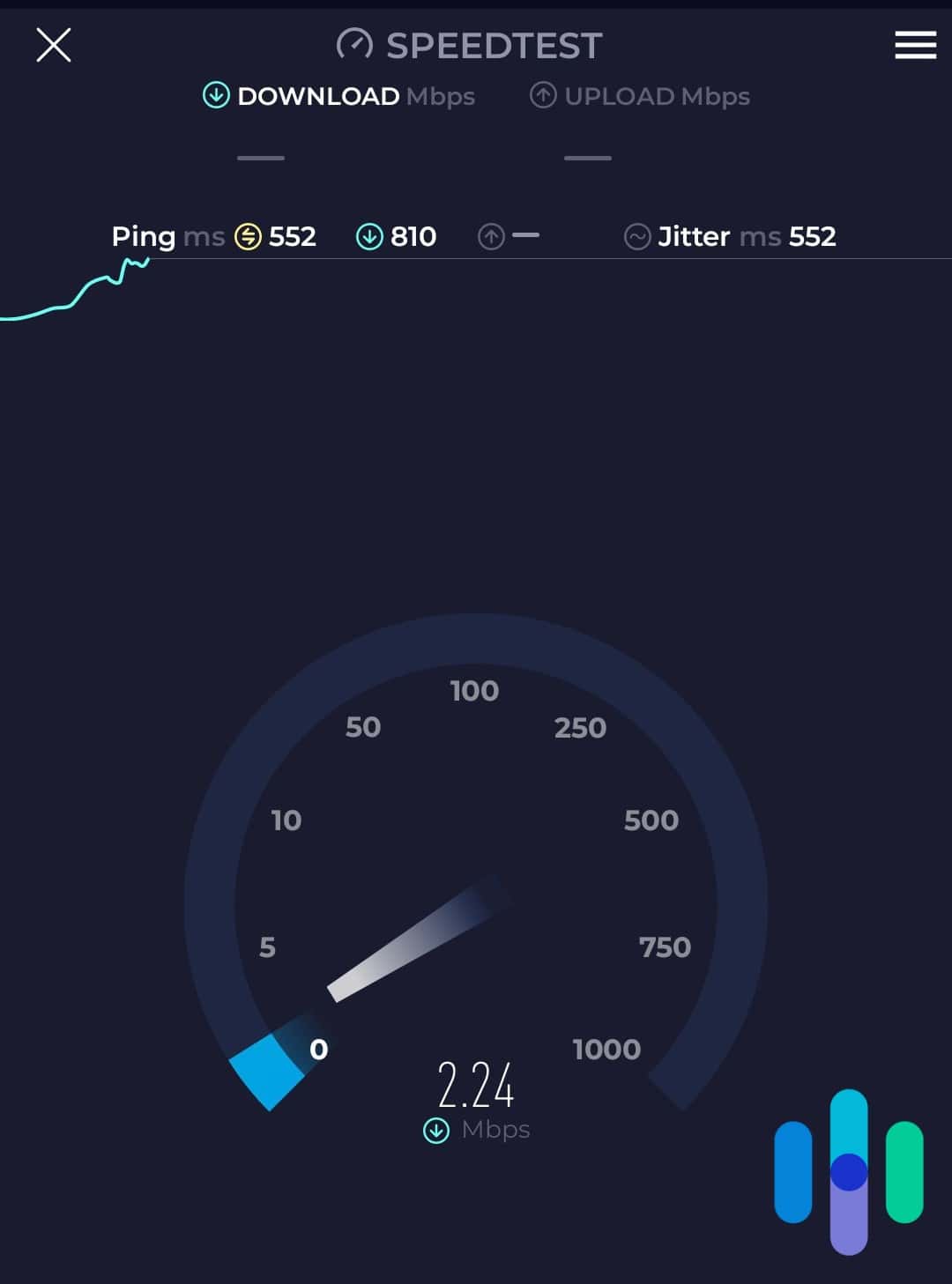
With that said, VPNs cannot bypass your cellular provider from throttling your cellular data. So, if you use a VPN on cellular data because you have unlimited data but get slower speeds once you use 10 GBs in a month, your VPN won’t help you avoid those slower speeds.
Conclusion
Sometimes, using a VPN on cellular data is your only option, but that’s okay, as there are workarounds to avoid getting all your data eaten up. But, connecting to a VPN will use more of your cellular data, so keep an eye on your data usage to make sure you don’t go over your limit. We recommend only connecting to a VPN when on cellular data if you absolutely need to. Now, let’s go over some of the most common questions we get about using a VPN with cellular data.
>> Related Reading: Guide to Data Removal Services
Frequently Asked Questions
Here are our answers to the most frequently asked questions regarding VPNs’ data usage.
-
Do VPNs affect data usage?
Yes, VPNs affect data usage, typically with increases of five to 15 percent. However, some VPNs like Windscribe and Perfect Privacy claim that their VPNs only use about one to three percent more data, so this number doesn’t apply across the industry.
-
Do VPNs use cellular data?
VPNs can use cellular data, or they can be on Wi-Fi, which we recommend.
-
How can I buy a VPN without using data?
You can buy a VPN without using data by connecting to a Wi-Fi network rather than a personal hotspot.
-
Does using a VPN use more battery?
Yes, using a VPN uses more battery than not using a VPN, however, this applies to any additional apps or browser extensions that you may be using.
-
Can I use a VPN on cellular data instead of Wi-Fi?
Yes, you can use a VPN on cellular data instead of Wi-Fi, but it can chew up your cellular data quickly. So, we only recommend it if you really need to use a VPN for some reason or if you have an unlimited data plan without throttling.

